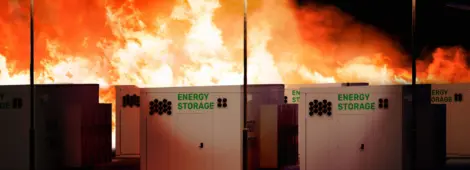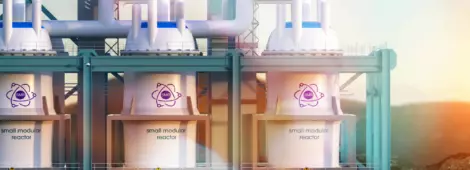
OPA 90 VESSEL RESPONSE PLAN + NOTIFICATION REQUIREMENTS
Twenty years ago, Congress enacted The Oil Pollution Act of 1990 (OPA 90) notification requirement as a direct result of the Exxon Valdez oil spill in Prince William Sound, off the coast of Alaska.
As a result of this law, marine vessels and certain land-based facilities that store oil are required to have response plans. In addition, OPA 90 requires that these regulated facilities and vessels to submit these oil spill plans to various Federal agencies for approval. These emergency OPA 90 vessel response plans are required to contain detailed information as to how they will respond to small, medium, and worst-case spills. Congress delegated responsibility for development of detailed regulations and oversight of regulated facilities to four agencies:
- Environmental Protection Agency for certain non-transportation related onshore facilities
- U.S. Coast Guard for certain land-based facilities that transport oil across the water (for loading and offloading vessels)
- Pipeline Hazardous Materials Safety Administration for certain oil transportation pipelines
- Minerals Management Service for Offshore pipelines and platforms that store and transport oil
There are many cases where overlap exists between these agencies in which different agencies regulate a portion of the same facility. As an example, most refineries are regulated by three of the four agencies.
Facilities regulated by OPA 90 requirements include, but are not limited to:
- Offshore production facilities and pipelines
- Onshore oil pipelines
- Bulk storage terminals, refineries, and other facilities that store 1,000,000 gallons or more of oil
- Facilities that store 1,000 gallons or more of oil and transfer oil to barges and ships
The OPA 90 regulation also requires the development of Area Contingency Plans, which describe federal, state, and local response and coordination to spills in each region.












